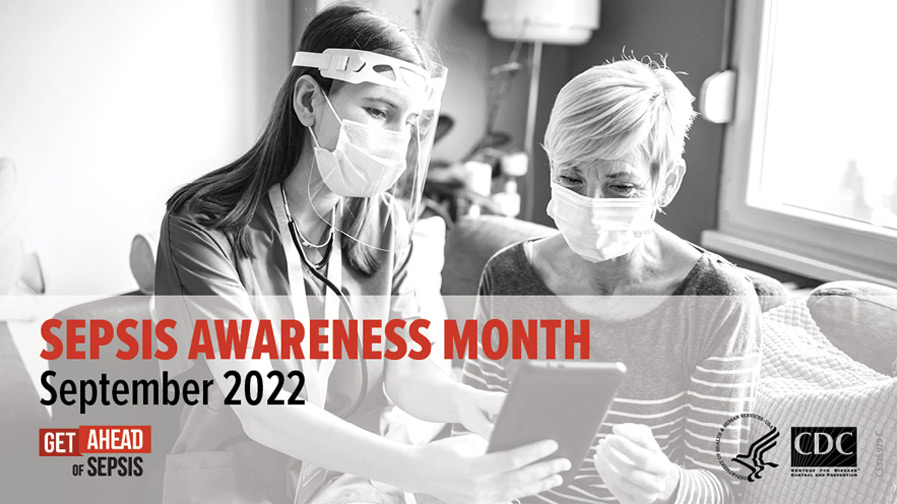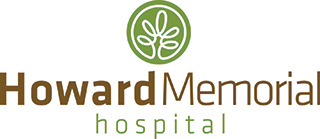Blog
September is Sepsis Awareness Month
September 9, 2022
A life-threatening reaction—and the fast action that can save lives
We often hear about serious health risks like cancer, heart disease and stroke, but one of the most dangerous health conditions people can experience is an extreme reaction called sepsis. Nearly 1.7 million Americans develop sepsis each year, and of them, 350,000 die as a result, either in hospital or hospice care.
It starts with an infection
Sepsis is the body's extreme response to an existing infection—triggering a chain reaction throughout the entire body—developing into a life-threatening medical emergency. Infections that lead to sepsis can be something as common as a urinary tract infection, strep throat or a cut that becomes infected. But when not treated properly, the infection—or the reaction from it—worsens and can rapidly lead to tissue damage, organ failure and death.
Sepsis can impact anyone
Everyone can get an infection, and almost any infection can lead to sepsis. While older adults, children under one, people with severe illnesses and those with weakened immune systems are more susceptible, sepsis can strike anyone—at any age. According to the Centers for Disease Control and Prevention, in a typical year:
- 1 in 3 people who dies in a hospital had sepsis during that hospitalization.
- Sepsis—or the infection causing sepsis—starts before the patient went to the hospital in nearly 87% of cases.
Early detection—and T.I.M.E.—is key
When detected early, sepsis is often treatable. If you have an infection of any kind, or think you might have developed one, make sure T.I.M.E. is on your side. Watch for the following symptoms and signs by using the T.I.M.E. acronym:
- T—Temperature. A fever can indicate a worsening or more serious infection.
- I—Infection. If you have any infection, you are at serious risk for sepsis. Take all infections seriously
- M—Mental Decline. Confusion—or diminished mental faculties—can absolutely indicate a severe reaction to infection.
- E—Extremely Ill. When you are very sick, your body is struggling to fight something; please take this—and any— illness seriously. Contact a healthcare provider or seek emergency services, especially if your condition worsens. It could be a life-saving decision.
Prevent or minimize the impact of sepsis
- The more you know about sepsis, the more likely you'll be able to recognize signs that can protect your health. These simple steps can help you safeguard yourself from sepsis:
- Prevent infections. Manage your health, stay on top of chronic health conditions by keeping regular healthcare visits and get all recommended vaccines.
- Practice good hygiene, especially when injuries are concerned. Wash your hands. Clean any cuts and keep them clean and covered until they are healed.
- Know the signs. Fever, shivering, shortness of breath, clamminess, extreme pain, confusion or change in heart rate can all indicate sepsis.
- Act Fast. Infection and sepsis are no joke. If you think you may have it—DO NOT WAIT FOR IT TO IMPROVE. Contact your provider or emergency services immediately.
Seek help immediately
If you—or someone you love—develops symptoms of sepsis, get the help you need. At Howard Memorial Hospital, our emergency services department is staffed 24/7 by experts trained to help. To learn more about emergency services at HMH, visit our Emergency Services page or call 870-845-6950 with questions.
In life-threatening situations, always call 911 to contact an ambulance nearest your location.
Posted in: Health
